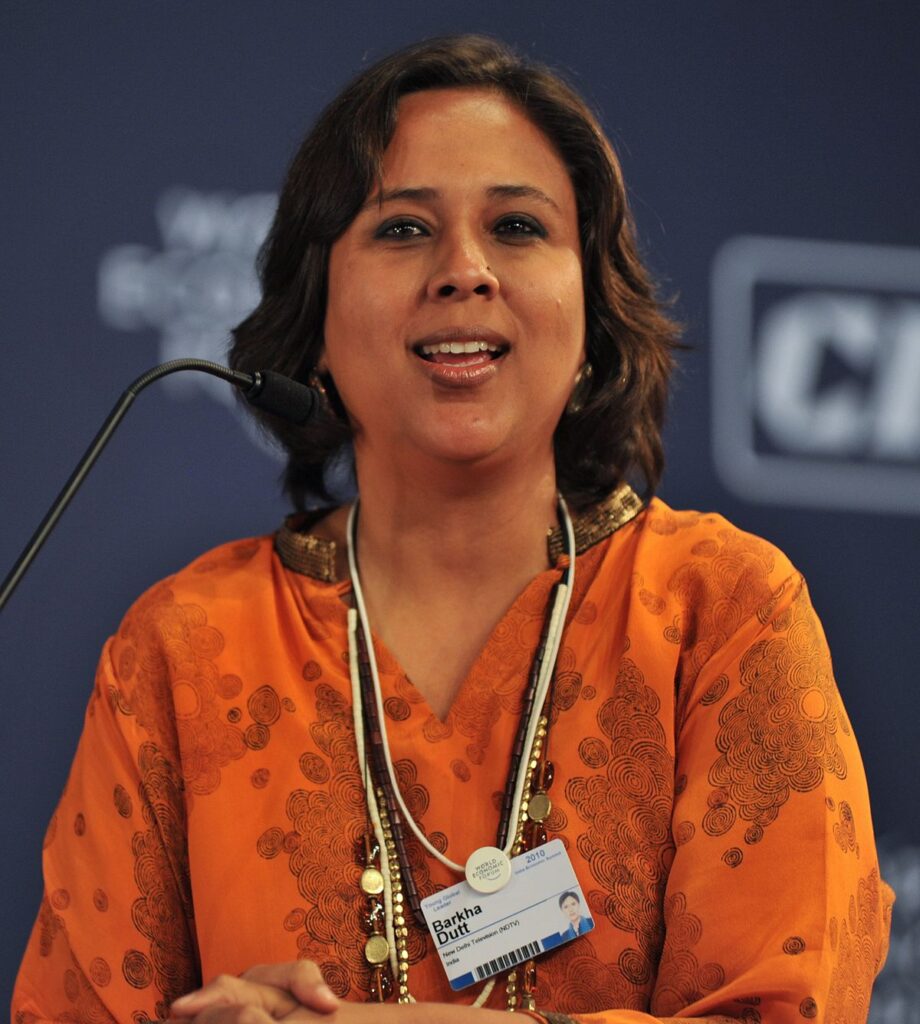Journalist executed for tweet is a headline that shocked the world in June 2025. Turki al-Jasser, a Saudi journalist, lost his life after being imprisoned for seven years because of his critical posts on social media. His story highlights the dangers of speaking out in countries with limited freedom of expression.
Who Was Turki al-Jasser?
Turki al-Jasser was a prominent Saudi journalist known for his fearless criticism of government corruption and human rights abuses. He ran an anonymous Twitter account called Kashkol, where he exposed injustices that the mainstream media ignored. His work covered issues such as political repression, women’s rights, and governmental corruption.
Despite being careful with anonymity, Saudi authorities eventually discovered his identity. His tweets, seen as a threat to national security, led to his arrest in 2018.
The Arrest and Trial
In 2018, al-Jasser was arrested by Saudi authorities. The charges against him included high treason, terrorism, and conspiring with foreign entities. Activists and human rights organizations have argued that these charges were politically motivated and aimed at silencing dissent. The details of his trial remain unclear, and there are reports suggesting that he was subjected to torture during his detention
His arrest and subsequent imprisonment highlighted the risks faced by and activists in Saudi Arabia who challenge the status quo. It also underscored the government’s use of legal mechanisms to suppress criticism and maintain control over public discourse.
The Execution
On June 14, 2025, after spending seven years in prison, Turki al-Jasser was executed in Riyadh. The Saudi Press Agency confirmed his death, stating that the followed the upholding of his death sentence by the nation’s top court .
His execution marks the first journalist sentenced to death in Saudi Arabia under Crown Prince Mohammed bin Salman. Critics argue that this case reflects a broader trend of using the judiciary to eliminate dissent and suppress freedom of expression .
The Final Tweet
Before his arrest, al-Jasser posted a tweet that eerily foreshadowed his fate. In 2014, he wrote, “The Arab writer can be easily killed by their government under the pretext of ‘national security.'” This tweet has since been cited as a chilling prediction of the dangers faced by in repressive regimes
His final message serves as a poignant reminder of the perils of speaking truth to power in environments where dissent is not tolerated.

Global Reactions
The execution of Turki al-Jasser has drawn widespread condemnation from international human rights organizations, including the Committee to Protect Journalists and Reprieve. These groups argue that his death exemplifies the Saudi regime’s harsh stance against dissent and media freedom .
The international community’s muted response to this execution, compared to the outcry following the 2018 murder of journalist Jamal Khashoggi, has raised concerns about the effectiveness of global mechanisms in holding authoritarian regimes accountable for human rights violations .
The Broader Implications
Al-Jasser’s execution highlights the broader issue of press freedom in the Middle East and North Africa. According to the Committee to Protect Journalists, Saudi Arabia is one of the world’s leading jailers of journalists, with many facing imprisonment for their reporting on sensitive topics.
This case also underscores the risks faced by journalists working in conflict zones. The killing of Al Jazeera journalist Anas al-Sharif in Gaza earlier this year, who left behind a final message condemning Israeli actions, serves as another example of the dangers journalists face in volatile regions
Conclusion
The execution of Turki al-Jasser serves as a stark reminder of the risks faced by journalists who dare to challenge power and speak truth to authority. His case underscores the importance of protecting freedom of expression and the press, both in Saudi Arabia and globally. As we reflect on his life and work, it is crucial to continue advocating for the rights of journalists and to hold accountable those who seek to silence them.
Do follow us: Instagram
Read More: Qatar’s National Sports Day 2025: A Celebration of Fitness and Unity



